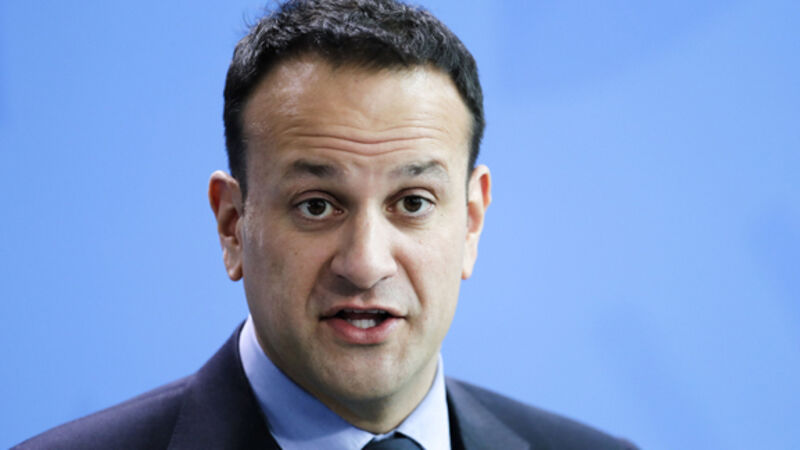Russian diplomat expelled - Varadkar’s token of solidarity

That our Government would sign up for the co-ordinated expulsion of Russian diplomats, some of whom might or might not be spies, seemed inevitable.
Taoiseach Leo Varadkar, presumably having seen evidence so far unpublished by the British government, has said that he would join other EU leaders in accepting the UK judgment that it was “highly likely” someone somewhere in the Russian government was responsible for the attempted murder of a former spy-turned-double agent and his daughter in England.
















